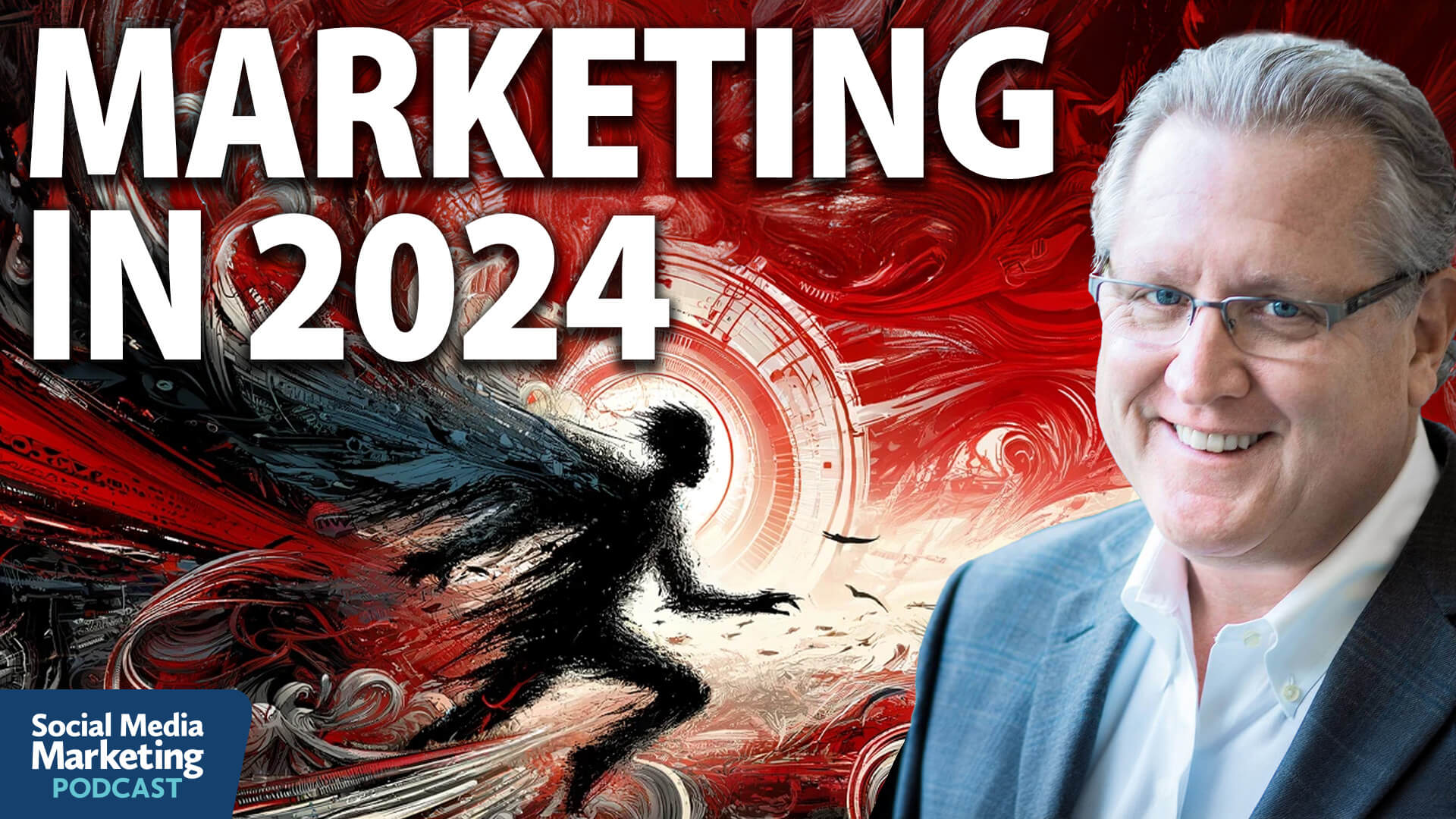B2B marketers take note: 72% of your buyers say they are more likely to buy from socially responsible businesses, according to a recent survey. That’s 17 points higher than the general public.
Additionally, 48% of B2B buyers say they’re “much more likely to” buy from these firms, compared to 29% of consumers. There’s a big gender gap on this among the B2B population, but not the one you might expect: 57% of men are in the “much more likely” group, compared to 35% of women, according to the American Marketing Association-New York “Future of Marketing” study.
Read next: What are diversity, equity and inclusion, and why do marketers need them?
These folks are more than willing to put the company’s money behind this: 73% say they don’t mind if it costs them more. We’re not talking just a slight increase, either. Some 38% would pay prices more than 10% higher and 17% would be OK with an additional 25% or more. This is a considerable difference from the general public where the numbers are 23% and 10% respectively.
Furthermore, the bigger the purchase, the more buyers who respond strongly to brand purpose. Only 35% of those whose last purchase was under $10,000, are in the more likely to buy group. That group expands to 54% of those who spent between $10,000 and $100,000, and 62% of those whose last buy was over $100,000.
Most important issues
The most important issues for buyers:
- Being a good employer (34%).
- Corporate citizenship (27%).
- Sustainability and environmental protection (24%).
- Racial equality (23%).
- Workplace diversity (23%).
- Protecting voting and democracy (22%).
- Women’s rights (15%).
- Criminal justice reform (13%).
- LGBTQ+ issues (10%).
Workplace diversity is considerably more important to B2B buyers than the general public (23% to 15%).
While the current group of B2B buyers looks like it usually has, that’s very likely to change. Right now the average corporate buyer is mostly under 40 (65%) and male (60%). However, women make up 53% of the under-30s (as well as 56% of the over-50s). They’re also in the majority at companies with fewer than 50 workers (59%) and those with more than 5,000 (54%).
Why we care. The title of the study is “The new B2B: Omni-channel, tech-friendly and woke.” However one cares to define that last word, it is not one usually associated with B2B. That’s very important for focusing marketing and for the world at large. For marketers it means making sales and the C-suite understand that all of the business’s actions have an impact on the bottom line. For the rest of us it means there’s a powerful market force pushing for greater corporate responsibility.
Get the daily newsletter digital marketers rely on.
























































![Social Media Spring Cleaning [Infographic] Social Media Spring Cleaning [Infographic]](https://imgproxy.divecdn.com/9e7sW3TubFHM00yvXe5zvvbhAVriJiGqS8xmVFLPC6s/g:ce/rs:fit:770:435/Z3M6Ly9kaXZlc2l0ZS1zdG9yYWdlL2RpdmVpbWFnZS9zb2NpYWxfc3ByaW5nX2NsZWFuaW5nMi5wbmc=.webp)
![5 Ways to Improve Your LinkedIn Marketing Efforts in 2025 [Infographic] 5 Ways to Improve Your LinkedIn Marketing Efforts in 2025 [Infographic]](https://imgproxy.divecdn.com/Hv-m77iIkXSAtB3IEwA3XAuouMwkZApIeDGDnLy5Yhs/g:ce/rs:fit:770:435/Z3M6Ly9kaXZlc2l0ZS1zdG9yYWdlL2RpdmVpbWFnZS9saW5rZWRpbl9zdHJhdGVneV9pbmZvMi5wbmc=.webp)
















